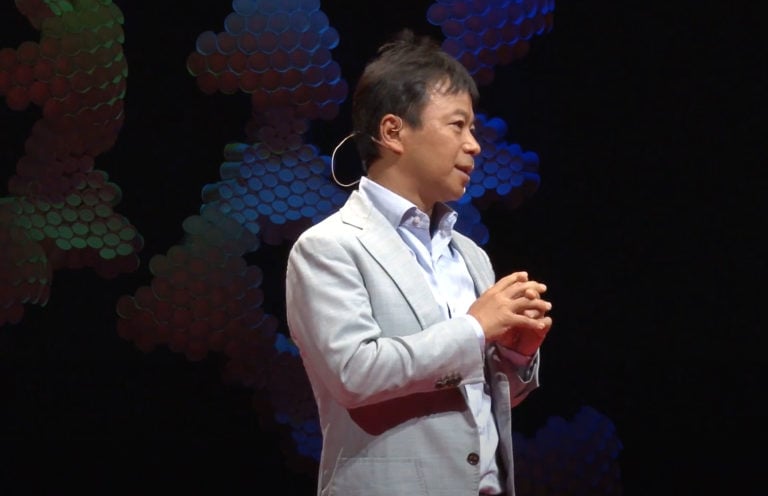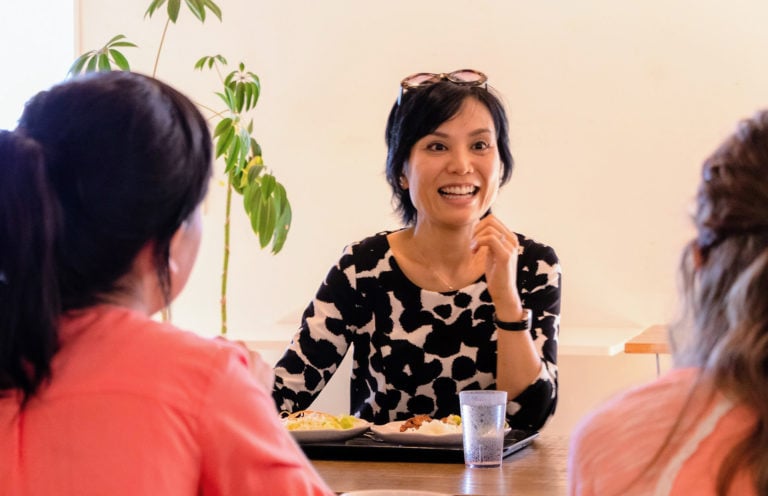This post was contributed by Sharon Lacoste, ISAK’s ToK coordinator, along with ToK teachers, Simone Sgarbossa, Francis Gonzalez, John Fitzgerald, Gary Goodwin and Brenda Hasham. ToK is an essential part of the IBDP curriculum, and is a required course for all grade 11 and 12 students at ISAK.
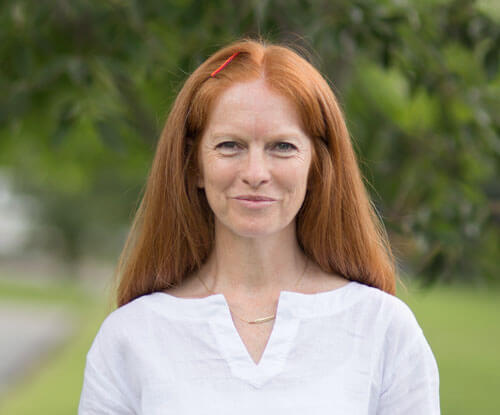 Exploring Theory of Knowledge is a collective endeavour. This year at ISAK we have an amazing team of teachers who bring different perspectives to the course. As a core component to the Diploma Program in IB, ToK seeks to have students exploring the nature of knowledge and exploring how we can claim to know something – what makes knowledge real to us? It also seeks to encourage the students to question what they know in such a way that they become more open to multiple perspectives and the possibility of understanding that there is alway more than one way to know something.
Exploring Theory of Knowledge is a collective endeavour. This year at ISAK we have an amazing team of teachers who bring different perspectives to the course. As a core component to the Diploma Program in IB, ToK seeks to have students exploring the nature of knowledge and exploring how we can claim to know something – what makes knowledge real to us? It also seeks to encourage the students to question what they know in such a way that they become more open to multiple perspectives and the possibility of understanding that there is alway more than one way to know something.
-Sharon Lacoste McDonagh, ToK Coordinator
How do we know what we know? Teachers talk ToK…
“From my point of view, ToK is a difficult subject to teach. Our goal is to prepare the students to be more critical thinkers and at the same time more open to other perspectives. Nothing is black or white. And this fact makes them feel insecure because it is the first time that they hear that there are no right or wrong answers.
There have been many moments where the students pointed out different perspectives or opinions and occasions where I had no answer for them. It was these moments when I realized that ToK truly prepares our students to be deep thinkers and analyse the truth behind the appearances.”
– Francis González
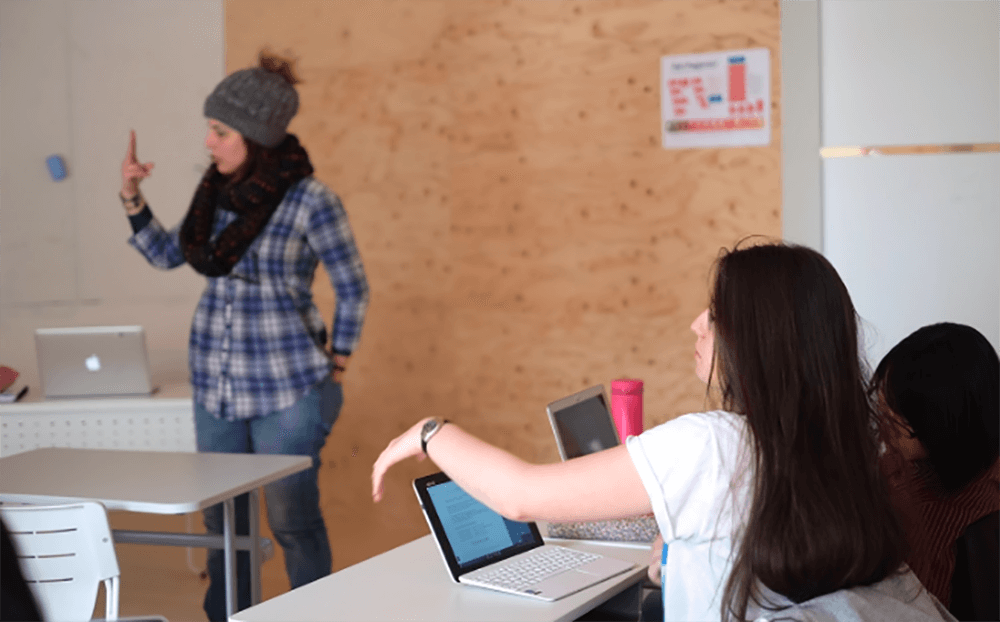
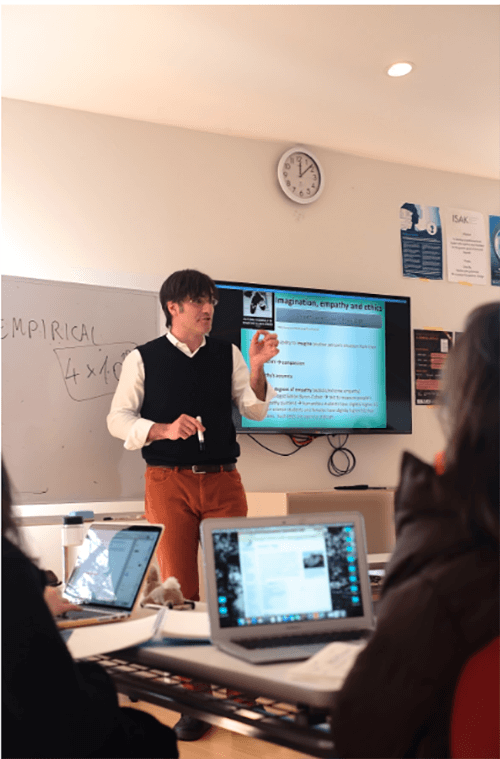
“ToK is…
ToK is asking the timeless question ‘What is Truth?’
ToK is exploring the familiar from new perspectives.
ToK is questioning what you take for granted.
ToK is learning to think sharply and express lucidly.
ToK is mapping out unknown territories.
ToK is realizing the innumerable connections between subjects and disciplines.
ToK is individual thinking and team collaboration.
ToK is cross pollination of ideas and unexpected discoveries.
(All the above applies to students AND teachers!)”
– Simone Sgarbossa
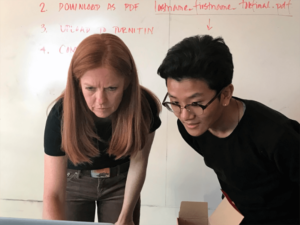
“I love that moment when ToK ends in Grade 12! The course culminates with completing the presentation and handing in the essay. There is always such a sense of accomplishment when the students realise how incredibly far they have come in their ability to think independently and critically. ToK is a true learning journey and the skills that the students walk away with at the end of the course are impressive. They know. They know how to question, why to question, what to question and when to question, most importantly they know when. Because at the end of the day is is all about testing what you think you know and re-evaluating how that knowledge serves you.”
-Sharon Lacoste McDonagh
“As often happens in the ToK class, the abstract thinking of the first year finally comes together in the creation and performing of the Oral Presentations. This act of making ToK real is the catalyst needed to kick start thinking for the ToK Essay. The focus of a Real Life Situation in the Oral Presentation also helps to implant a real life element into the essay. All of this hard work finally leads to the moment of handing in the final product of the essay on a fateful Friday. Now the students can all move forward to the final hurdle of the May exams.”
-John Fitzgerald
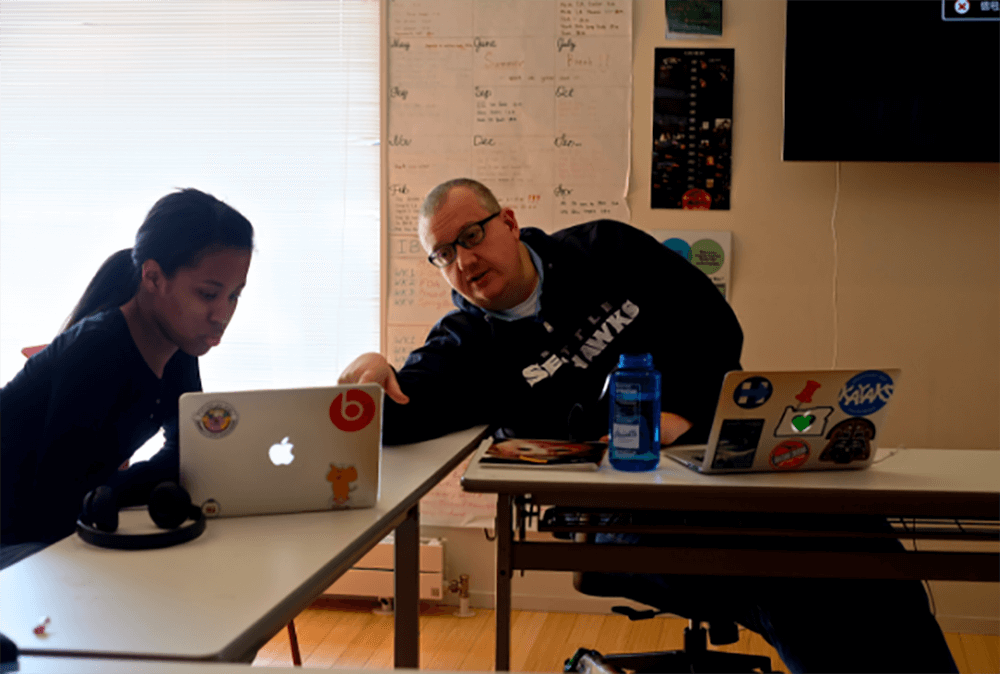
“Theory of Knowledge is a great course to get people thinking deeply about the big questions in life. The goal is not to come to any conclusion, but to look at arguments critically and from multiple perspectives with the end result of understanding the question at a deeper level as well as those who answer it in different ways.
Students really like interacting and creating something from their learning in my ToK class. We often play games and do activities to bring the Areas of Knowledge and Ways of Knowing to life. We also use symbols and graphic notes to break the abstract ideas down to their individual parts which helps us to deal with these ideas systematically.
A really rewarding moment in my ToK classroom was when we looked at Religious Knowledge Systems. Through the different activities and discussions, students were able to understand each other’s’ beliefs and non-beliefs and come to respect each other for the choices they make in this area. Students who were maybe a little shy about sharing their faith gained confidence by looking at the arguments that support and challenge their faith.”
-Gary Goodwin
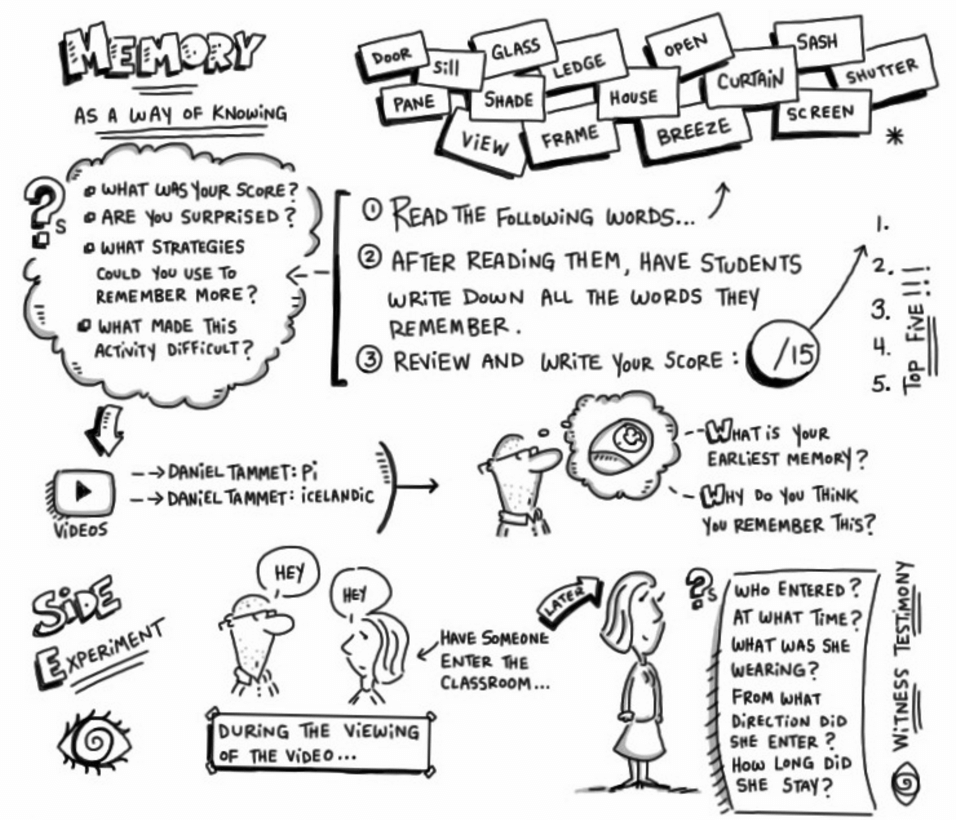
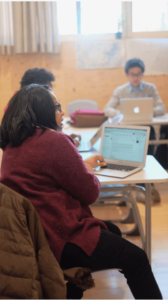
“I enjoy ToK because of the opportunity it presents to blend so many types of ideas and approaches into a cohesive course. It is like painting a new art-piece each year, using the same colors but getting a different result. The course invites us to use thought experiments and activities to help open our horizons. The course invites us to look at what we say we know and to move beyond that. Some of my favorite moments involved exploring different types of ‘truth”. We watched Twelve Angry Men and debated how the jurors interpreted what was true or false and decided whether a defendant was guilty or innocent based on their Ways of Knowing. Another moment I really enjoyed was when we took a short field trip to two local monuments. The Catholic Church down the hill, and the Asama monument that the Emperor visits each year. Students were asked to view these places from the perspective of an architect, religious cleric, musician or poet. They came up with some incredible interpretations. I hope to do many more of these walk-abouts in the future.”
-Brenda Hasham
“The monument is a little far, hidden by the shadows of trees and short flowers, and perhaps this is the proof that things coexist, beautifully juxtaposing each other’s existence and complementing their cycle of life. What do we even know about the things surrounding us” -Jaymee, Class of 2017
